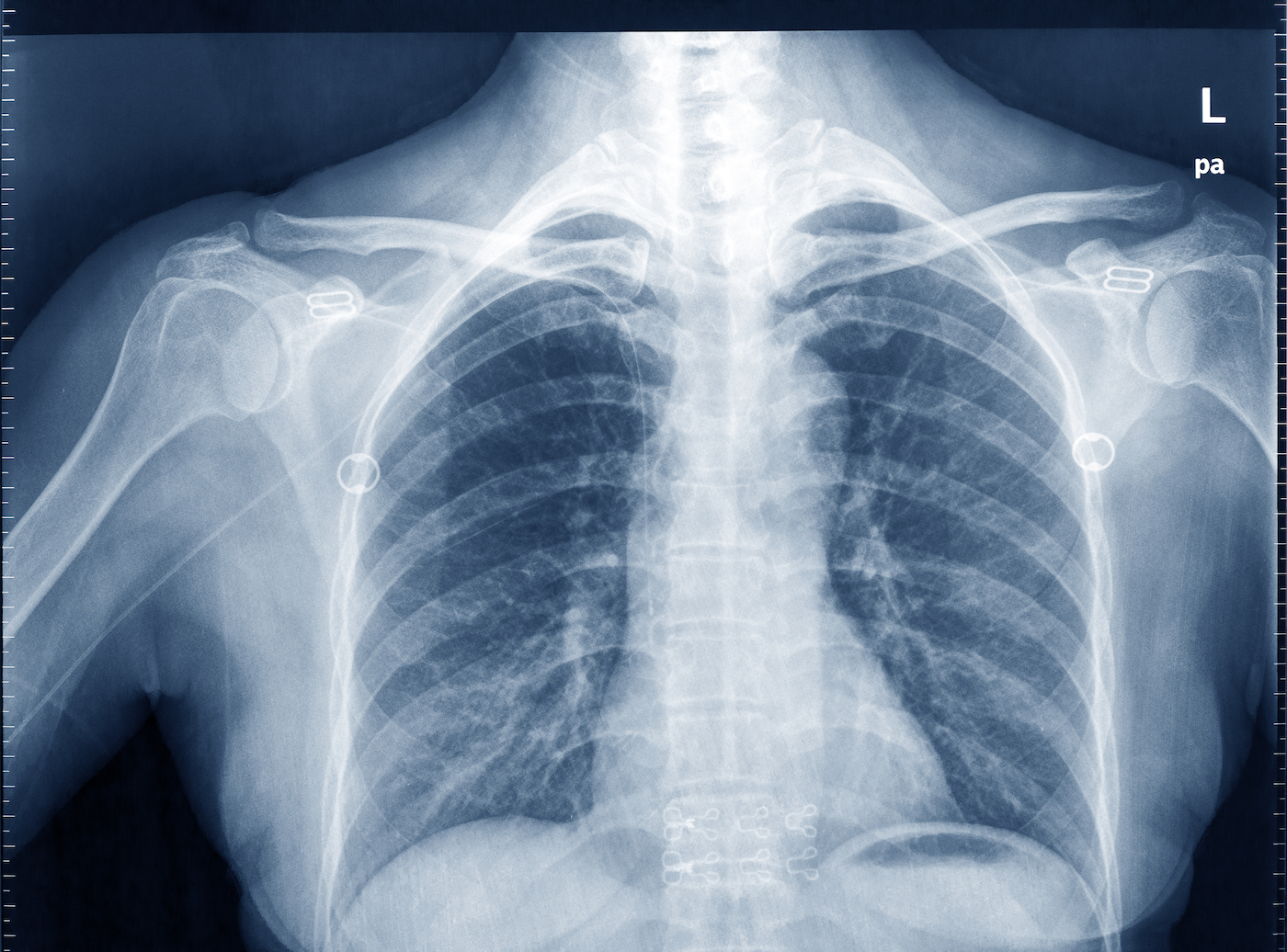The application of artificial intelligence in medicine is rapidly expanding, with scientists exploring new ways to harness its power for unintended diagnostic purposes. One such example is the use of the retina to predict the onset of diseases, a method that falls under the category of “opportunistic” AI.
In this approach, medical scans are analyzed in unconventional ways to reveal hidden patterns and information that can be used to diagnose diseases. For instance, data mining from chest x-rays has been used to assess the risk of cardiovascular disease and detect diabetes. These findings suggest that AI has the potential to revolutionize how diseases are diagnosed and managed.
Dr. Eric Topol, founder and director of the Scripps Research Translational Institute and professor of molecular medicine, discusses the implications of AI in medicine. His work sheds light on the exciting possibilities that AI offers in healthcare. Through his research, he highlights the potential for AI to improve patient outcomes by providing more accurate diagnoses and better treatment plans.
To learn more about “opportunistic” AI in medicine and its potential applications, you can read Dr. Topol’s recent newsletter on the subject. This newsletter provides valuable insights into the advancements being made in AI-driven medical research.
By supporting organizations like Science Friday, you can help invest in quality science journalism that covers groundbreaking research like this


